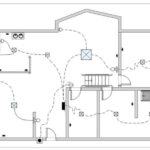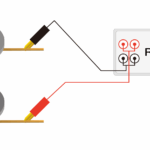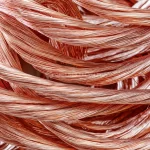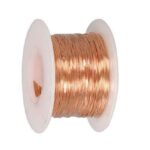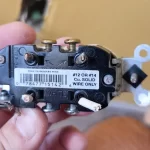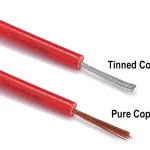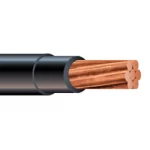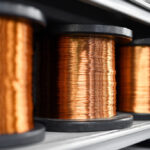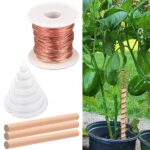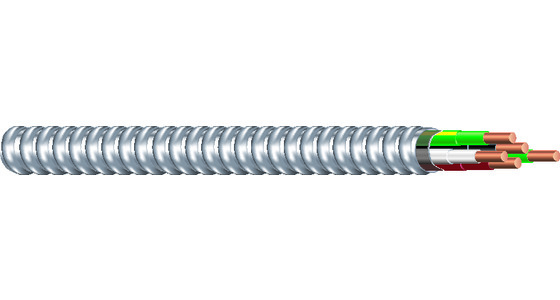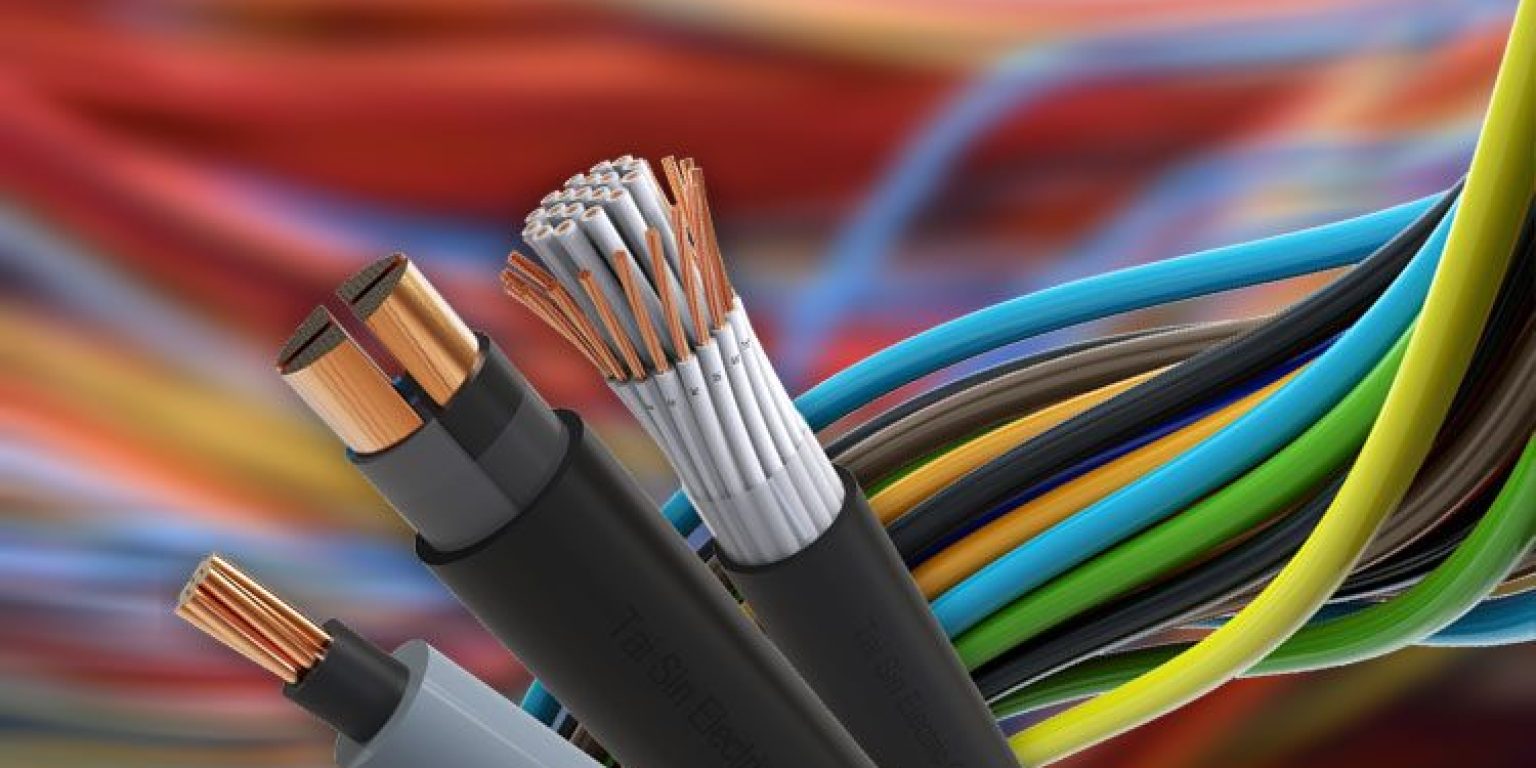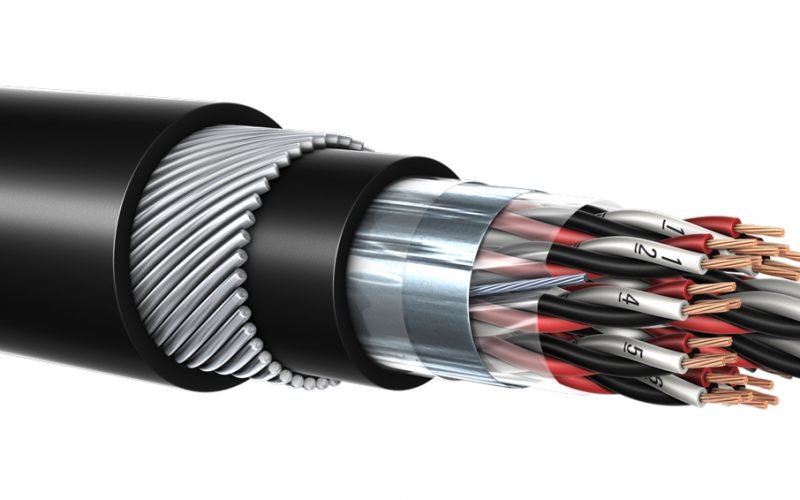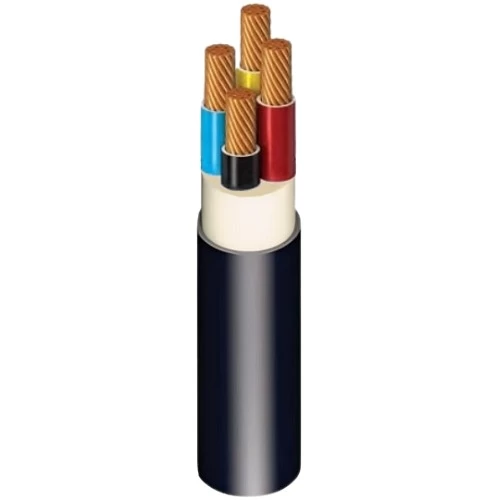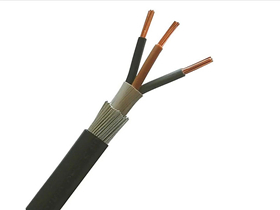Thermoplastic wire refers to any electrical wire that uses thermoplastic insulation—a type of plastic that softens when heated and hardens when cooled. It’s one of the most widely used insulation materials in residential, commercial, and industrial wiring due to its flexibility, affordability, and durability.
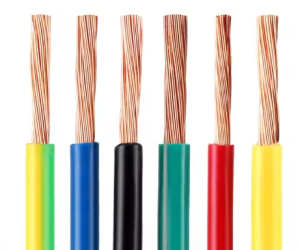
Thermoplastic Wire
🔍 Definition of Thermoplastic Wire
A thermoplastic wire is an insulated electrical conductor where the outer layer (insulation) is made of thermoplastic material such as:
-
PVC (Polyvinyl Chloride)
-
PE (Polyethylene)
-
Nylon
These materials are moldable with heat and offer good resistance to moisture, abrasion, and chemicals—making them suitable for a wide range of electrical applications.
⚙️ Key Features of Thermoplastic Wire
| Feature | Benefit |
|---|---|
| Heat-Softening | Allows easier processing and shaping |
| Cost-Effective | Less expensive than thermoset insulation |
| Recyclable | Can be reheated and reused |
| Flexible | Suitable for tight spaces and movement |
| Moisture Resistant | Good for indoor and dry environments |
🔌 Common Types of Thermoplastic-Insulated Wire
Several wire types use thermoplastic insulation. Some examples include:
Each has different ratings for temperature, moisture, and voltage, depending on the application.
🧰 Where Is Thermoplastic Wire Used?
Thermoplastic-insulated wires are widely used in:
-
Home wiring (e.g., light switches, outlets)
-
Appliances
-
Portable power cords
-
Low-voltage electronics
-
Control wiring in machines
🔄 Thermoplastic vs Thermoset Wire
| Property | Thermoplastic | Thermoset |
|---|---|---|
| Can be remelted? | Yes | No (permanently hardened) |
| Heat resistance | Moderate | Higher |
| Flexibility | High | Lower |
| Durability | Good | Excellent for extreme environments |
| Common materials | PVC, PE, Nylon | XLPE, EPR |
Thermoplastic wire is ideal for general use, while thermoset wire is better for high-temperature or high-stress conditions.
✅ Conclusion
Thermoplastic wire is a versatile, cost-effective option for many electrical applications. Whether you're wiring a home, assembling electronics, or choosing portable cords, thermoplastic-insulated wires offer flexibility, reliability, and ease of installation.
Always check voltage and temperature ratings to match the right wire to your project.

